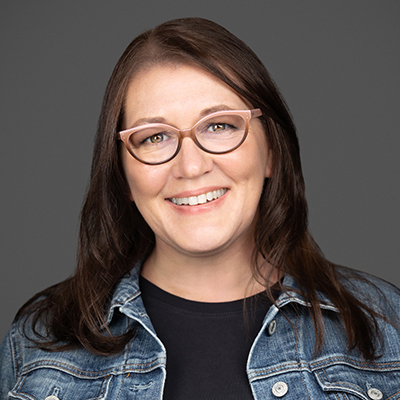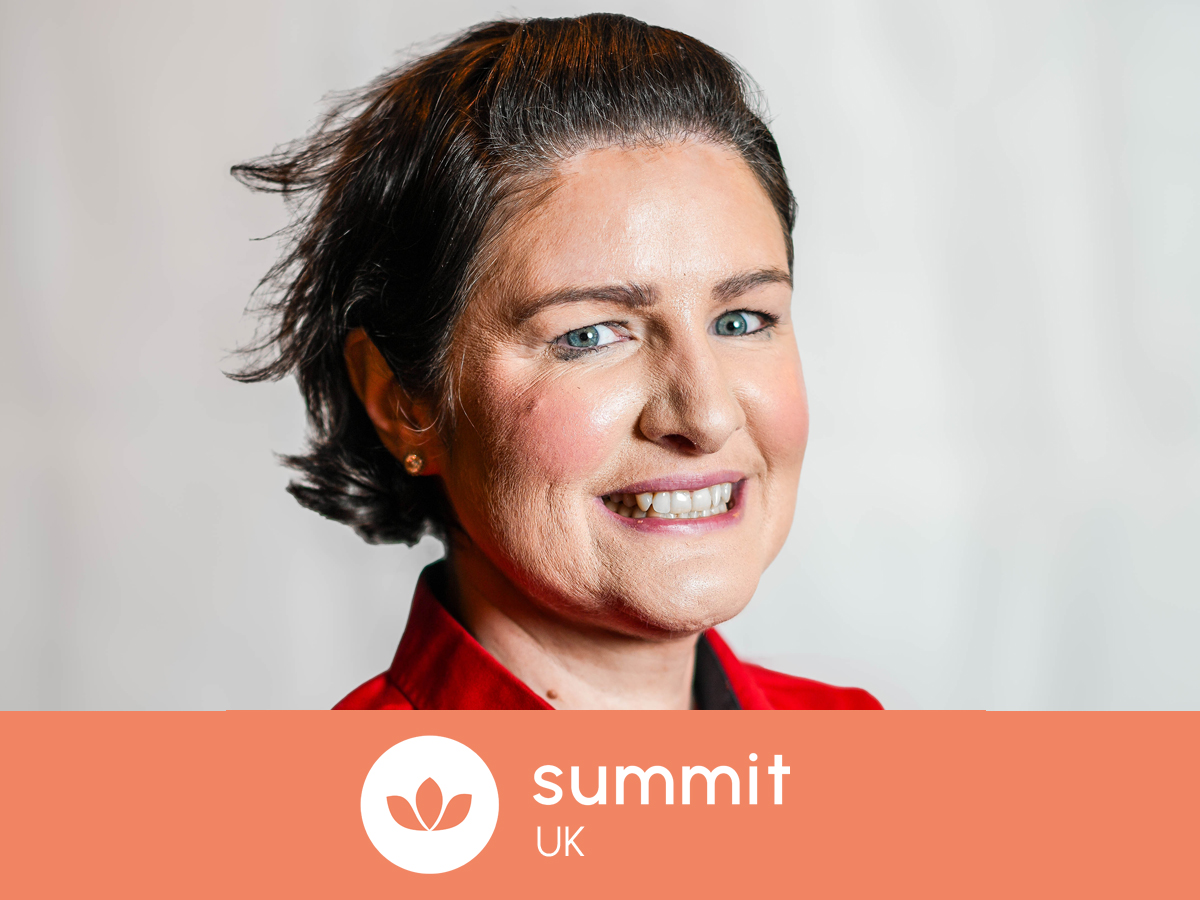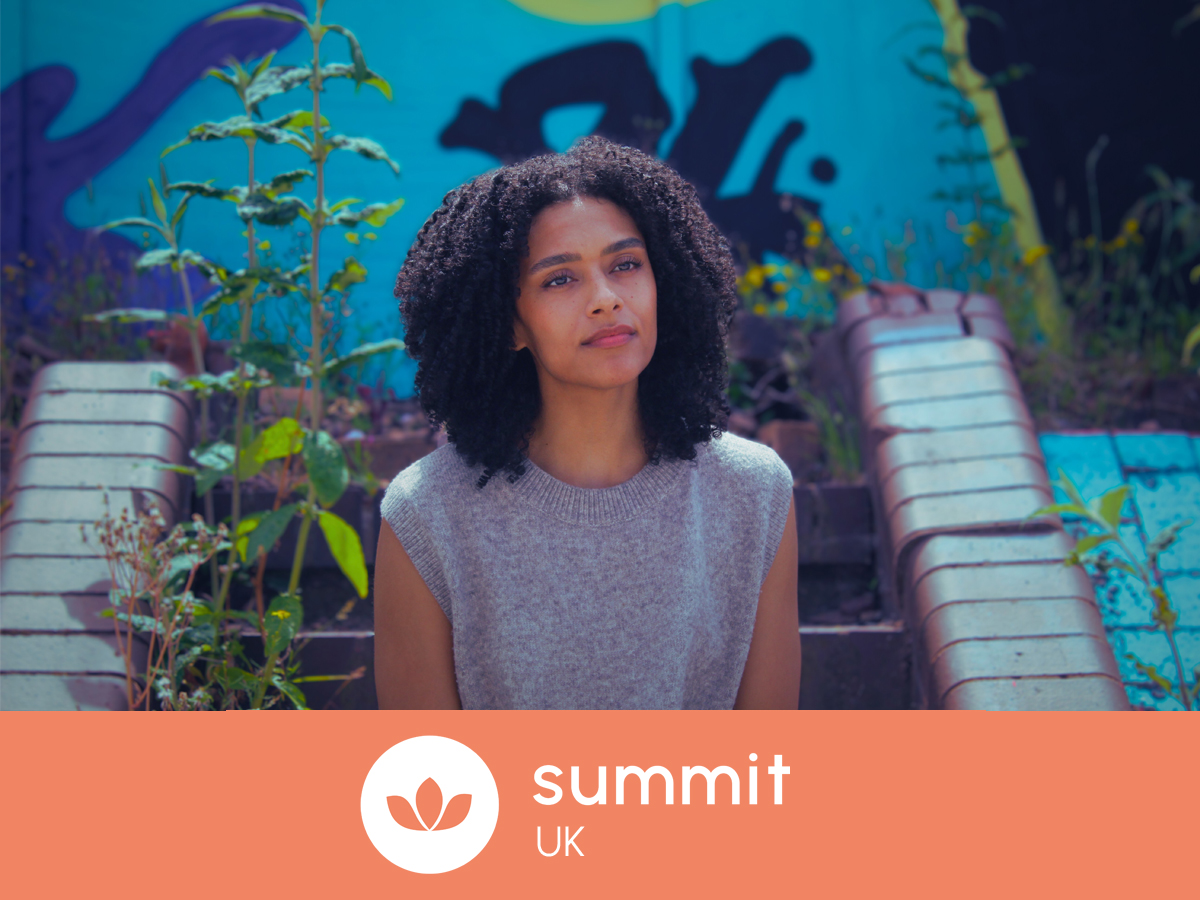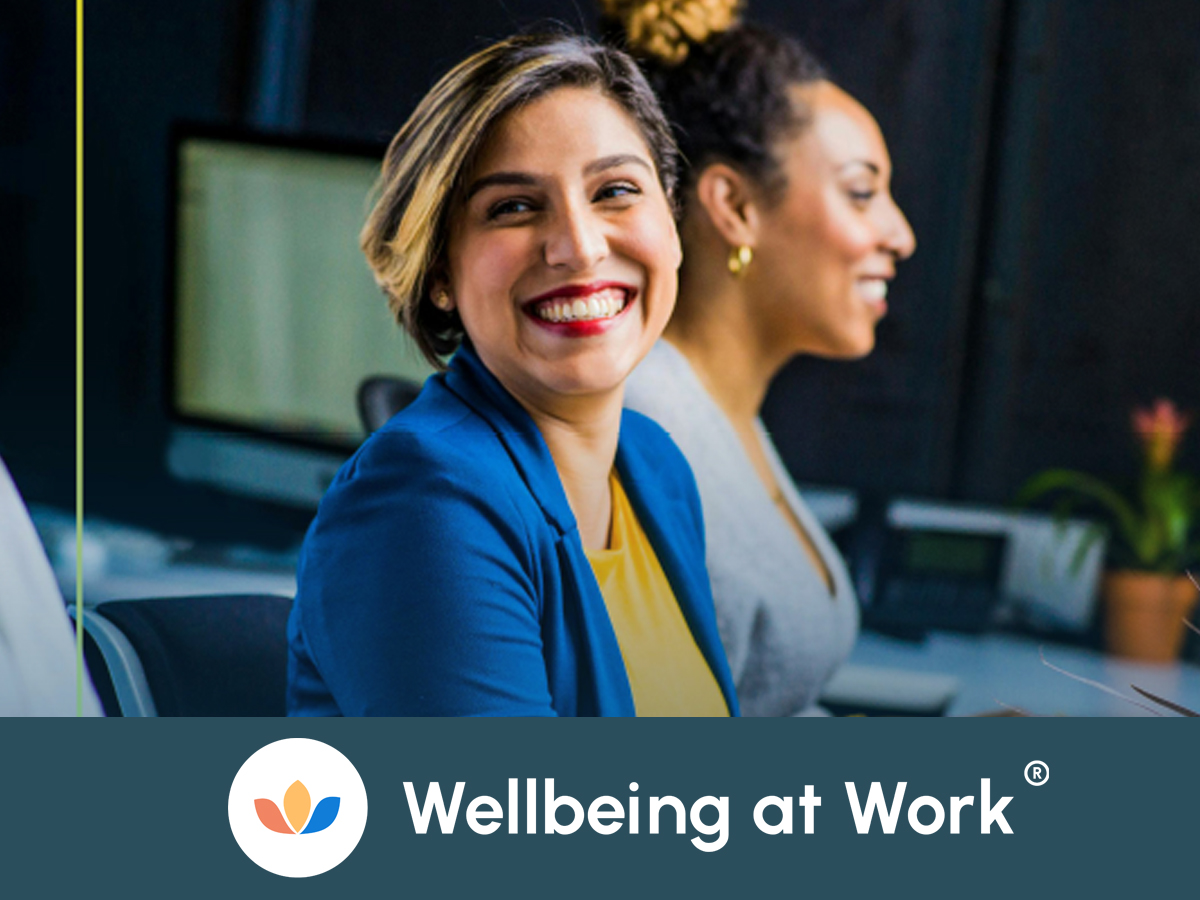
Diane O’Connell is Founder & President of Sorting it Out, Brooklyn, NY.
After being diagnosed with Generalized Anxiety Disorder (GAD), Diane started to focus on why discussing mental illness is so stigmatized and how it affects and prevents diversity and inclusion in the workplace. She found that the initiatives available in the workplace are generally inadequate as they don’t address the core of the issue; that everyone needs to feel safe, like they belong and that they are valued.
Diane learned that the psychosocial risks where she worked were not being properly addressed and her feeling of not fitting in, as a result, fueled her illness. Her profession lost an awesome attorney and she spent too long suffering in silence, all because having honest conversations about mental health and inclusion are still uncomfortable for many due to the stigma attached to them.
Diane is on a mission to annihilate the stigma that is holding us all back from having those real and caring conversations so we can embrace our individual uniquenesses.
She is a Certified Mental Health First Aider, a career coach and a speaker on a mission to eliminate implicit bias and the stigmas that prevent honest and caring conversations about who we are and how we are doing in the workplace. Diane is a member of the InsideOut and Stability Network Leaderboards, NYSBA Co-Chair of the Int’l Section’s DEI Committee, the Lawyer’s Wellbeing Task Force, and the Lawyers Assistance, and the list goes on…
She’s a licensed attorney who worked as an int’l negations attorney & mediator before pivotting to career coaching and keynote speaking.
We caught up with Diane in preparation for her involvement in the Wellbeing at Work US Summit on March 7 – March 9 to find out why she is so passionate about wellbeing at work and why she is looking forward to the Summit.
We are thrilled that to be working together at our Wellbeing at US Summit in March.
Our first and most important question is, how are you doing today?:
I’m doing great! I’m so excited about the Summit and all the work everyone here is doing to improve the wellbeing of the workplace.
As a leader based in the region, what are the main challenges you are facing when it comes to employee wellbeing?
I focus on professional services firms in law, accounting, and consulting so there are 3 main challenges as I see them right now:
1) Location – NYC is a competitive and stressful market for people to working, while remote work has changed this to a certain degree, there are still high expectations of long hours and high stress.
2) The billable hour model especially in law firms. The requirement in manh large NYC forms is about 2,200-2,400 hours. Year. This means people must work a minimum of 42 hours/week every week of the year and this doesn’t account for vacation, holidays or sick time. If you add this to the administrative work, the average work week is between 70-80 hours per week. This is a difficult schedule to keep for anyone, but it’s worse for people who have children and other family members to care for as well as people who have mental & physical health needs. There is little time left for any form of self-care if you are working 13 hours/day 6 days/week.
3) Lack of knowledge on how to make things better. There are many organizations and senior level professionals who wish to create a better work culture that nurtures the wellbeing of their talent, but they just do not know how to start. This result is bifurcated initiatives whose results often do not manifest lasting change and actually can harm the people they are intended to help as they feel worse that the initiatives offered do not help, that is if they can even find the time to take advantage of them
What strategies have you seen developing in the region over the past 6-12 months to address health and wellbeing in the workplace?
Glad you asked, I’ve been speaking on the Power of Uniqueness, most recently in London at Goodenough College, with the message that we are all individuals and need a more personalised approach to wellbeing, one that acknowledges the intersectionality of people and their need to feel safe and to belong. This is integral to companies pursuing better reporting on the Social aspect of ESG and helps professional services firms understand how to improve their workplace so they can better counsel their clients in how to do the same.
I’ve also been providing consulting services to organizations that want to learn how to create a better workplace environment that is safe for all. This includes: individual coaching for their talent, assessments of their benefits packages, and planning initiatives that will actually help them reach the desired results.
I’m also active in the New York State Bar Association’s Lawyer’s Assistance Program, Wellbeing Task Force, and am the Co-Chair of the International Section’s Diversity, Equity and Inclusion Committee, which is an amazing platform to help get the word out. I frequently speak at Bar Association events and write articles for the Bar Journal.
Why is employee wellbeing so important to you personally?
Well, I was having a really hard time at work and eventually was diagnosed with Generalized Anxiety Disorder and because no one knew how to talk about it or offer support, I suffered for longer than I could have if only my workplace was a safer place and the stigma of mental illness wasn’t so great. I ended up losing my job, which I loved, but my experience has opened doors I would have never imagined. So, I’m fortunate, but at the same time, I should never have had to go through the experience I did, and I want to help ease the challenges other people have to face by educating organizations on how to create safer workplaces through communication and thoughtfulness.
What are you most looking forward to about our event in March?
Hearing all the amazing things people are doing in this space. I always learn so much at the summit and I meet fantastic people that result in long lasting collaborative relationships. It is such a great resource for anyone who wants to learn more and meet like-minded people in the wellbeing space.
Tell us, what is your vision for the workplace of the future, in terms of employee engagement, health and wellbeing?
I could go on forever about this, but my vision in a nutshell is that organizations begin to listen to their talent, provide meaningful support through benefits that better align with employee’s individual needs, such as health insurance that provides equitable levels of coverage for both physical and mental health, mental health first aid training so that people know how to recognize symptoms and provide support to their co-workers, eliminating the stigma of openly discussing mental health issues and to provide meaningful support to employees like coaching so that each person can get the personalized support they need to excel.
What areas do you think employers should be focused on over the next 12-18
months?
Reassessment of their health & disability insurances, reducing psychosocial risks through training, and destigmatize having open conversations about mental health and wellbeing.
How has your organization been leading the way?
This is what I do! My organization helps leadership recognize areas for improvement in their organizations, works with them to create a plan to create the workplace culture they aspire to have, and provides the coaching necessary for people to succeed in all of this.
Also, I can’t stop talking about it so my organization is also a communication tool to spread the word and educate people on how to do better and be kinder to each other so everyone can feel valued and safe at work.
The reality is that innovation happens when people feel they have a safe platform to communicate and even fail, so unless we stop expecting perfection and start brainstorming new ideas, in a safe environment, we are dooming our own success.
Join Diane in New York where she will be speaking at the Wellbeing at Work US Summit that takes place both live and in-person in New York and Silicon Valley and virtually for the wider region. Further details on the Summit can be found here.



